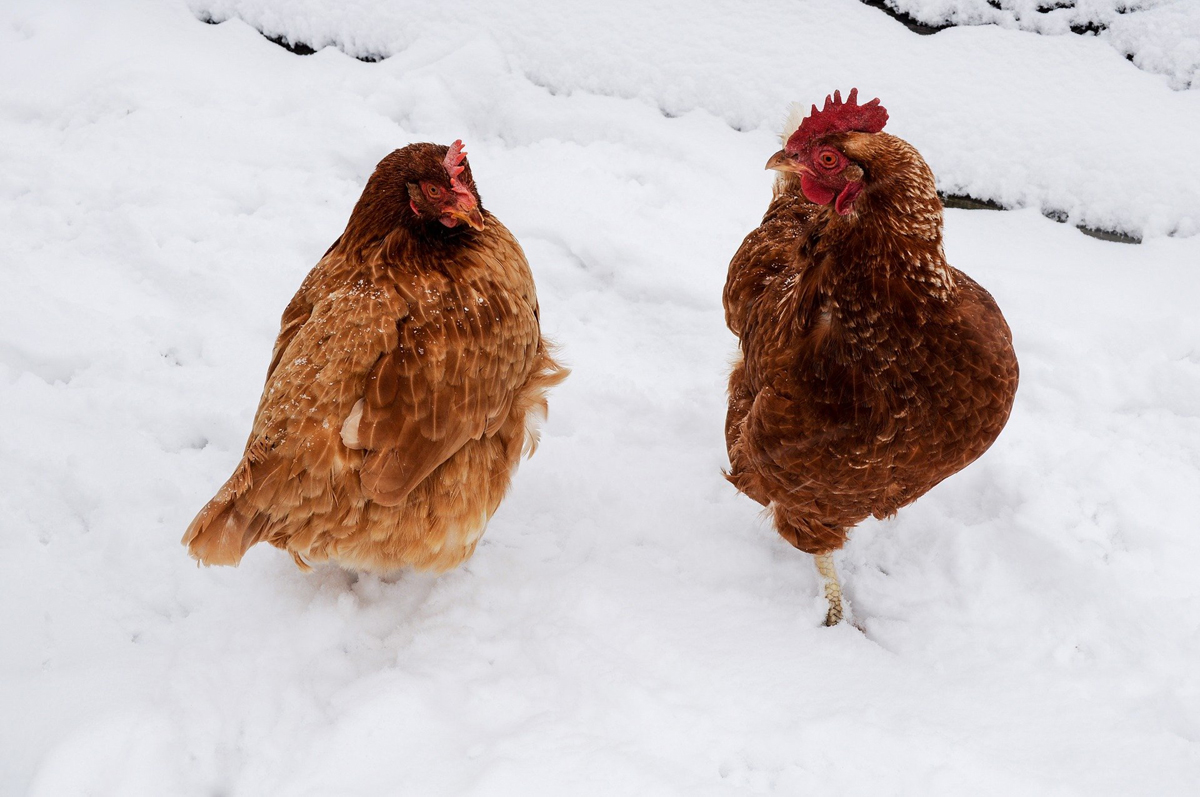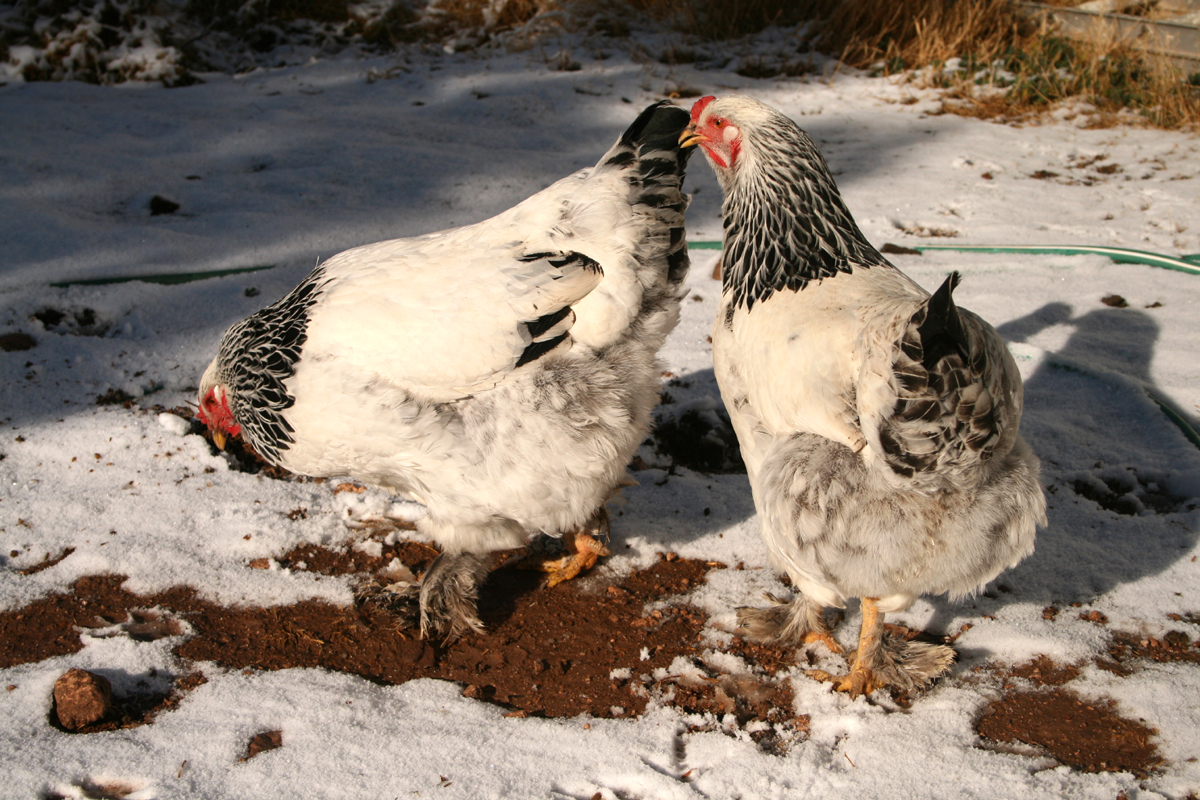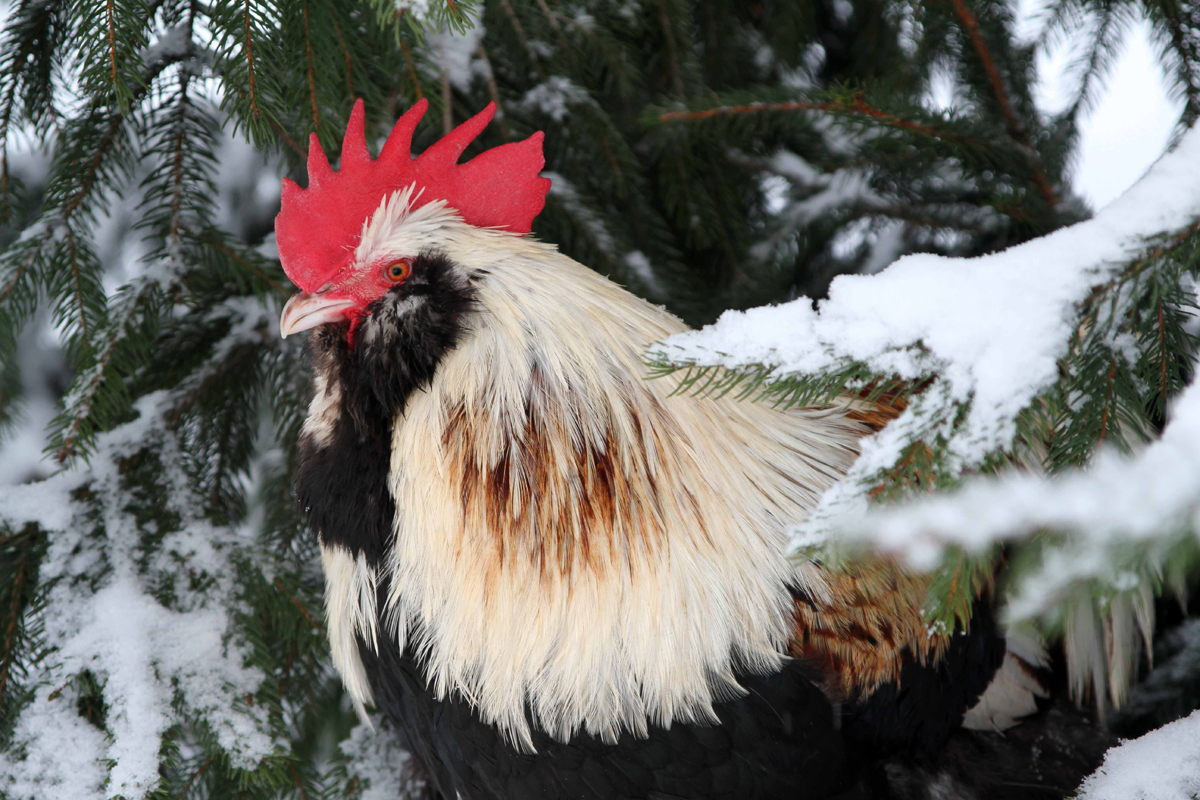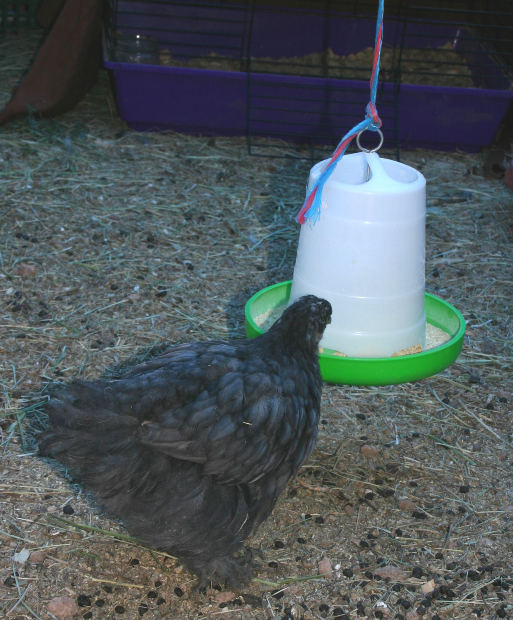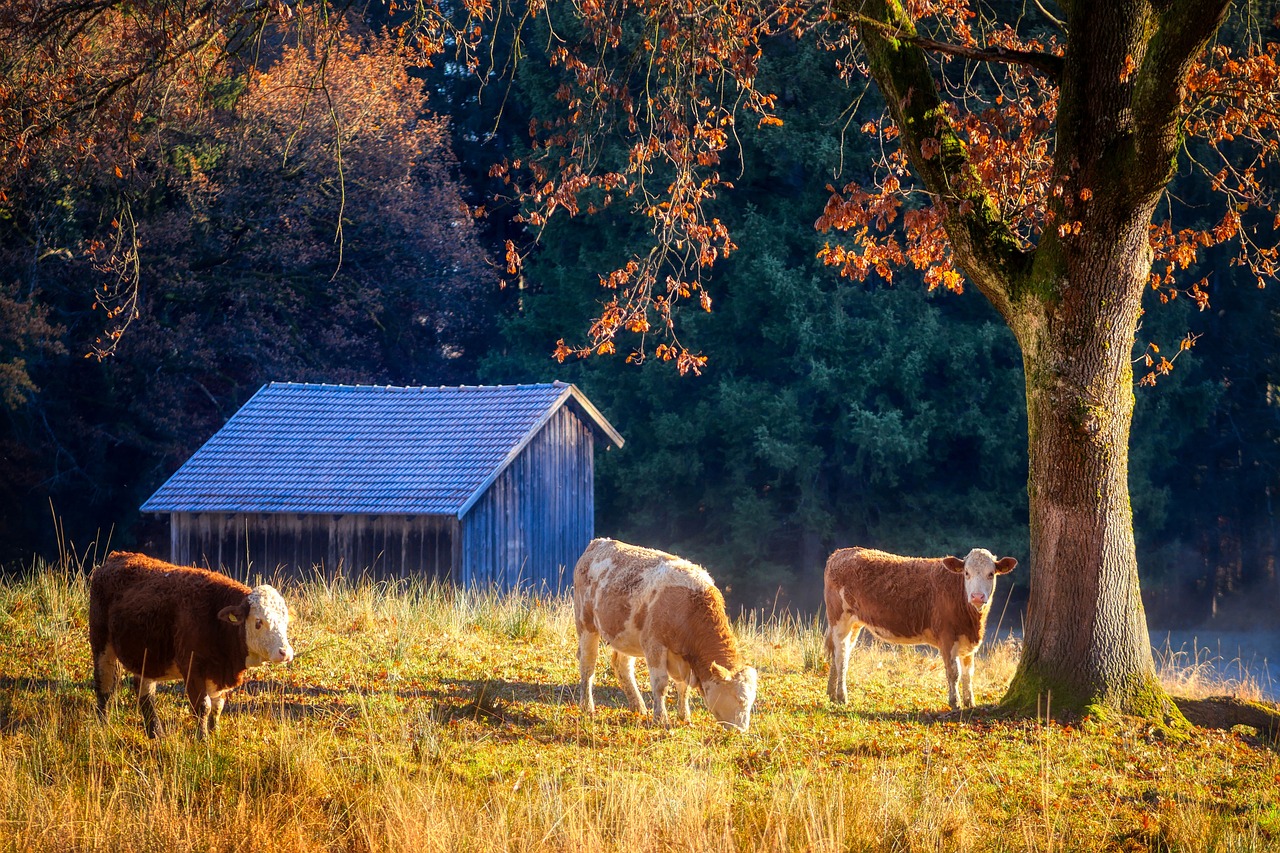How To Build Chicken Coops
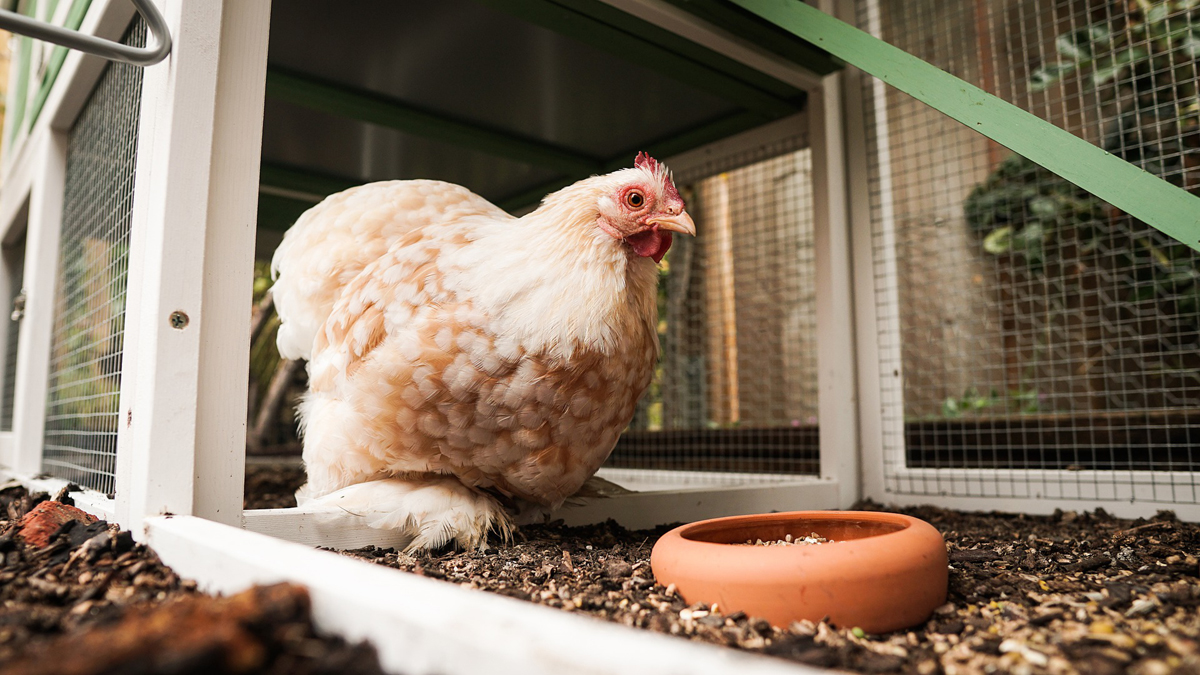
There are a number of factors that a person needs to consider when he or she looks to build chicken coops. Building a chicken coop is recommended for people who wish to house chickens with the intent of providing eggs and meat for their families as well as fertilizer for their gardens. Complicated plans and/or expensive materials are not needed to build a chicken coop, but a person has to make sure to get the job done correctly. As long as the chickens have their basic needs met, they will be healthy and happy.
There are elements that any person wishing to build a chicken coop needs to consider. These include having a basic design/implementation plan for the coop; having the correct materials and maintenance for the coop’s construction; ensuring that the coop is protected from environmental constraints; making sure that the coop has proper ventilation and lighting; and thinking about water and food for the chickens who will be housed in the coop. Each of these aspects are discussed in detail below.
To begin, a basic design/implementation plan is needed to construct the coop. A person who has never built a chicken coop before should look at some pre-existing designs of coops that were built in the past. An individual does not have to be an expert carpenter to put together the coop, but he or she needs to make sure that the coop is put together properly. Once a person gets ideas of how the coop should be laid out and constructed, he or she then needs to make a rough drawing of how the coop would potentially be laid out on his or her property. The area around the coop needs to be on high ground to ensure that it is not flooded in the event of inclement weather.
Having the correct materials and maintenance is also a must for constructing a chicken coop. Materials that are simple to sanitize and clean should be used to construct the coop, as the parts of the coop will need to regularly be sanitized and disinfected. The materials should be easy to clean and not expensive. Furthermore, the coop should have sliding windows to prevent the chickens inside of it from roosting on the windows, and the floor should be sloped in the direction of the door to ensure easy cleaning, as well as to make it easier for rainwater to flow out of the coop.
Ensuring that the coop is protected from environmental factors is rather critical when building a chicken coop as well. This means that the chickens inside of the coop need to be offered protection from bad weather, predators, and people looking to steal them. To accomplish all of these elements, the coop needs to be placed in a high area and be well drained. It also must absolutely have exposure to the sun to ensure a warm and dry environment for the chickens, and strong mesh wire needs to be placed around it to keep predators such as cats and foxes out.
Proper ventilation and lighting is also a must when building a chicken coop. Chickens need a fresh supply of air to keep carbon dioxide and moisture from building up in the coop. The walls of the coop need to be insulated during cold, winter months. The coop also needs to be lit up well in order to keep the coop warm; this in fact aids the chickens in the coop in laying more eggs throughout the year.
Last but not least, the coop needs to have adequate water and food supplies that are easily accessible to the chickens in it. Feeders should be placed above the ground to prevent chickens from making a mess. It is a must to constantly supply fresh food and water for the chickens and to sanitize the coop to prevent food build up.
In conclusion, people who wish to supply their families with a constant supply of meat and eggs as well as having garden fertilizer may very well be interested in learning how to build chicken coops. This is not hard to do, and the steps involved include having a basic design/implementation plan for the coop; having the correct materials and maintenance for the coop’s construction; ensuring that the construction coop is protected from environmental constraints; making sure that the coop has proper ventilation and lighting; and thinking about water and food for the chickens who will be housed in the coop.
The Author:
Al Smitty is a writer who loves to discuss many topics ranging from Build Chicken Houses to American football. Thanks for reading!
Photo.
Source: Ab



